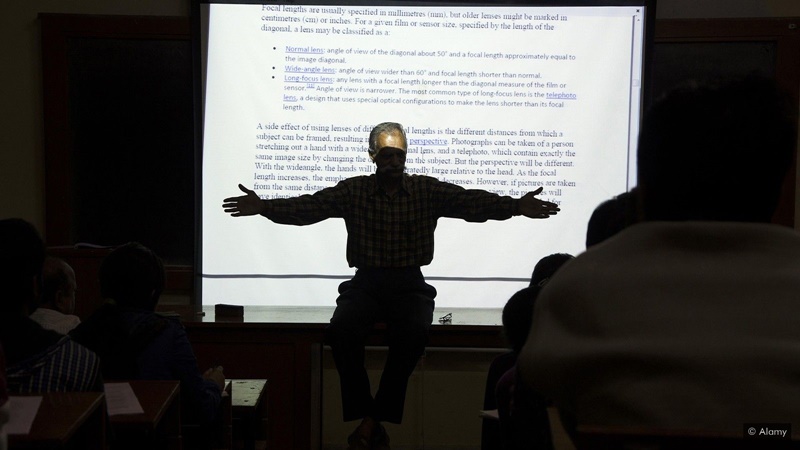Failure is often seen as a source of shame. But if we studied and shared our failures, we could learn a lot from them.
Successes enjoy more attention than failures. We celebrate stories of triumph, and pore over them to extract the reasons why things went so well.
Industries package the lessons and share them as tips for ‘best practice’, while after-dinner speakers regale their audiences with the steps they took to glory. By contrast, if they’re not buried completely, failures, and those who perpetrate them, are more often seen as sources of shame or ignominy.
Yet it is often the errors, missteps and outright flops that contain more useful practical information on how to do things better, if only we were more willing to share and study them. That’s according to Ayelet Fishbach and Lauren Eskreis-Winkler, psychologists at the Booth School of Business at the University of Chicago.
The pair believe that we often fail to learn sufficiently from when things go wrong. “Take bad business decisions, which we make because we don’t learn from others’ and our own failures. We similarly often ignore signs that our relationships aren’t going well or that our boss is unpleased with our performance. We don’t code [pay attention to] failures and don’t bother to learn the lesson for how to succeed,” says Fishbach.
Pg 1/5
Napomena o autorskim pravima: Dozvoljeno preuzimanje sadržaja isključivo uz navođenje linka prema stranici našeg portala sa koje je sadržaj preuzet. Stavovi izraženi u ovom tekstu autorovi su i ne odražavaju nužno uredničku politiku The Balkantimes Press.
Copyright Notice: It is allowed to download the content only by providing a link to the page of our portal from which the content was downloaded. The views expressed in this text are those of the authors and do not necessarily reflect the editorial policies of The Balkantimes Press.


